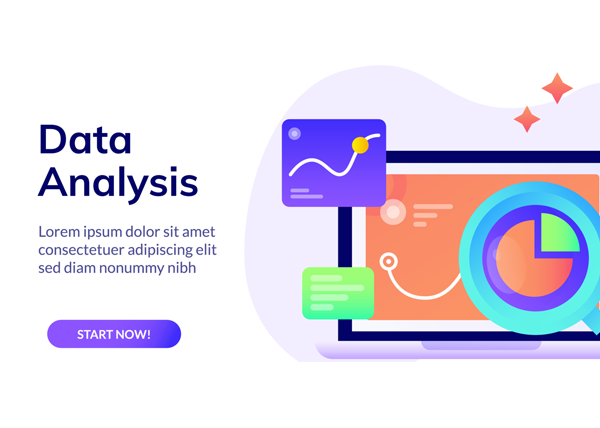Why does your business need good quality data analysis?
Nowadays, companies collect a lot of various data. These data allow you to discover who your potential customers are, how they use the product, or how a potential customer group turns into actual customers. In the face of such a wide spectrum of obtained information and division into various sources from which data is obtained – correct analysis of data is a big challenge for companies.
Benefits of professional data analysis
The better the data analysis the company has, the greater the confidence of decision-makers in the choices made that affect the achievement of company goals. Good quality data is beneficial for employees’ productivity, who don’t have to waste time verifying them. What’s more, good data also allows you to reasonably dispose of marketing resources, because the more constructive the data, the more accurately you can direct the campaign and communication with customers.
Poor analysis of data can bring huge losses to an enterprise
The analysis of poor quality data is first of all a risk of losing to the competition. Companies that use full-fledged data can discover customer needs in time and develop new products, services or functionalities based on them. Above all, making decisions based on the wrong data can result in huge financial losses for the company. Gartner’s research clearly proves that insufficient data or incorrect analysis may result in losses of 30% (or more) of the company’s revenues.
Analysis of data can be divided into several types. One of them is descriptive analysis, which allows you to look at past data and estimate indicators such as KPIs, revenues or potential clients of the company. Diagnostic analysis helps determine why something happened – for example, to see which actions resulted in an increase in the number of customers.
Predictive analysis, on the other hand, allows forecasting the company’s future results, risk assessment or expected sales. There is also prescriptive analysis combining all previous types of data analysis and helping to develop an organization’s action plan or steps necessary to solve a given problem.
When you commission us to analyze the data, we will use statistical models and machine learning models, and the results obtained will be presented as legible charts and factual reports. Based on the data, we also provide conclusions and recommendations to improve the various processes in your company.

